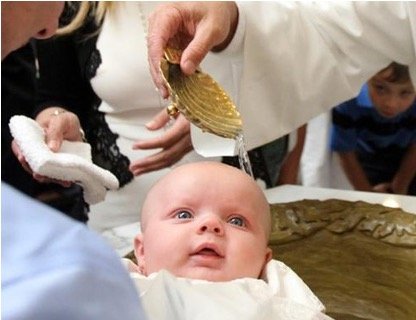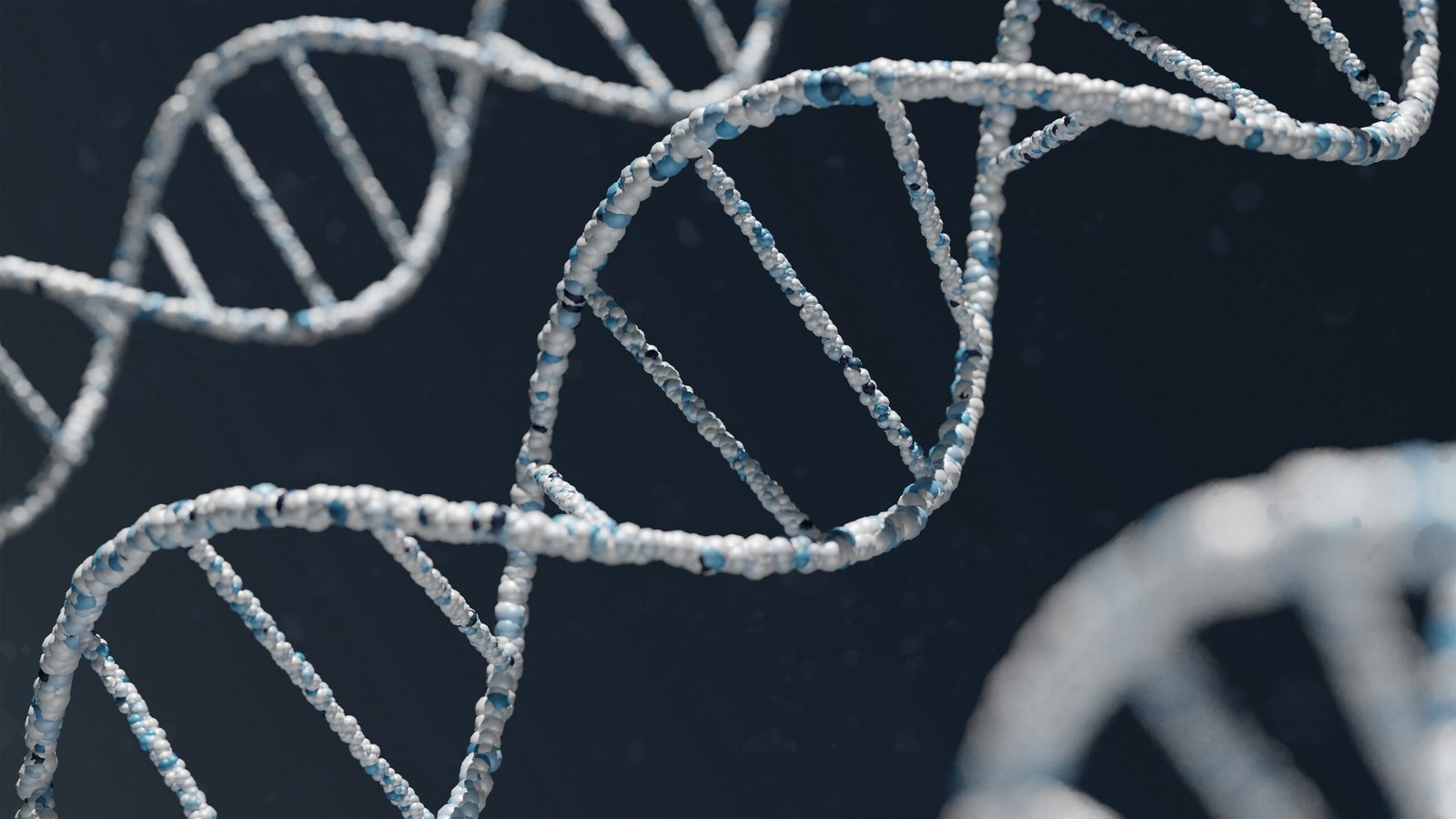
Gospel according to Saint Luke 3:15-16.21-22:
The people were filled with expectation, and all were asking in their hearts whether John might be the Christ. John answered them all, saying, “I am baptizing you with water, but one mightier than I is coming. I am not worthy to loosen the thongs of his sandals. He will baptize you with the Holy Spirit and fire.”
After all the people had been baptized and Jesus also had been baptized and was praying, heaven was opened and the Holy Spirit descended upon him in bodily form like a dove. And a voice came from heaven, “You are my beloved Son; with you I am well pleased.”
Asking for forgiveness
Luis CASASUS President of the Idente Missionaries
Rome, January 12, 2025 | The Baptism of the Lord.
Is 40: 1-5.9-11; Tit 2: 11-14; 3,4-7; Lk 3: 15-16.21-22
The Book of Exodus offers us the foundational story of the liberation of the Hebrews from slavery in Egypt, when they crossed the Red Sea. The waters, while destructive to the Egyptians, also served as an instrument of salvation for God’s chosen ones, who embarked on their journey to freedom and a new Covenant identity with Him.
The juxtaposition of these two experiences with water reminds us that water can be both life-giving and destructive. And there is no better place to find these two elements together than in the Sacrament of Baptism. This was excellently expounded by Pope Emeritus Benedict XVI in his work Jesus of Nazareth:
On the one hand, immersion in the waters is a symbol of death, reminiscent of the death symbolism of the annihilating and destructive power of the flood of the ocean. The ancient mind perceived the ocean as a permanent threat to the cosmos, to the earth; it was the primeval flood that could submerge all life. . . . But the flowing waters of the river are, above all, a symbol of life.
Just as water can give life and death, baptism has a similar effect on us: on the one hand, it frees us from original sin and on the other, it gives us a new life, the life of being fully daughters and sons of God.
The Baptism of Jesus is a genial act. It is not only a gesture of humility, unexpected in one who did not know original sin, but the visible sign of the destruction of our sins, with which he bore and for which he wanted to die on the Cross.
I do not believe that many superiors, leaders or leaders could have such an idea. They would believe that such a gesture could weaken their moral authority and, moreover, undermine the confidence of their people, who are in need of a perfect and irreproachable guide.
Of course, our heavenly Father’s response was not long in coming: That gesture pleases me, Son. We rightly call Christ Master, Messiah, Redeemer, Lamb, Shepherd, Way, Truth and Life… But the name our heavenly Father gives him is Son. We cannot doubt that, every time I take a step to cleanse my sins, without needing to see any image or hear any voice, I will have the same answer from our heavenly Father. After confession, after asking forgiveness for doing something wrong or sharing my faults with my spiritual director or rector, I will feel like a son, accompanied, loved and -therefore- with the light and strength that will allow me to face the difficulties and the mission.
—ooOoo—
Asking for forgiveness, confessing. Although I cannot consider myself an example, I know of four surprising cases:
* Two people who have NEVER asked forgiveness for anything, neither for minor matters nor for more serious ones. The former they do not give importance to and for the latter they always find an excuse… or a culprit.
To make it even worse, on occasion they justify themselves with a phrase similar to: I am sorry if you were offended, thus evading responsibility and blaming the other person for being too sensitive.
* A person who – at least for a year – has NEVER mentioned a single fault, a mistake, a sin to his spiritual director.
* A parishioner, cultured and kind, who NEVER goes to confession because he is sure (and it is no great discovery) that the confessor is also a sinner.
What do these people have in common? That they believe they feel threatened if they ask for forgiveness. This is how they see the supposed threat:
- Apologizing seems to them to be demeaning to themselves. Apologizing makes you feel bad because you are admitting to others (and to yourself) that you are capable of making mistakes or being wrong. It is a tough test for those who pride themselves on being expert, infallible, better than others. It questions our integrity: We are not the perfect person we pretend to be.
- Apologizing seems to them like giving up power and control. Yes, because when we make a mistake, our mistake is likely to demean someone else (the victim). Apologies return that power and control to that victim, who can choose to accept the apology or reserve forgiveness until a more satisfactory reparation has been made. Of course, not all of our victims are free of pride….
Those who do not ask for forgiveness, narcissism and the pretension of knowing a lot, prevent them from making themselves vulnerable, which is a barrier to relationships with others and with divine persons.
In his best known work, Professor Nicholas Tavuchis enthusiastically pointed out the fruits that come if asking for forgiveness is met with a positive response:
When the contrite admission of wrongdoing becomes a gift accepted and reciprocated by forgiveness, our world is transformed in a way that can only be described as miraculous (Mea Culpa, 1991).
Asking for forgiveness cannot change the past, but it prepares a much better future.
In the lives of some saints we see how they have been able to ask forgiveness for the mistakes and faults of others. With exactly this intention, our Father Founder, Fernando Rielo, joined the celebration of the Mass of Forgiveness to the feast of the Holy Innocents, with these words:
Charity is not only to take charge and love the virtues of others, but also to take charge of the imperfections that others have, and to make them our own, to make the sins of others our own, to take charge of all sins, the sins of all humanity, in such a way that we are like the incarnation of sin itself (24 DEC 1990).
Of course, taking upon ourselves the sins of our neighbor is a sublime form of forgiveness and makes us like Christ, when on the Cross he pleaded: Father, said Jesus, forgive them, for they know not what they do (Lk 23:34).
When a person offends me, when he/she resists to change and it is up to me in some way to suffer his/her obstinacy, do I identify myself and join him/her? This means to become aware that this person suffers because of his attitude of closing his heart, because he cannot imagine the extent of the evil he does, even when he seems as conscious as those who crucified Jesus.
Just as Jesus descends into the troubled waters of death at his baptism, he descends into hell after his crucifixion to rescue the souls of lost humanity. This is not only the sublime attitude of Christ, but what you and I are called to do by being cleansed by baptism and by every act of repentance, of forgiveness. This is clearly expressed today by St. Paul, who says that we are not only redeemed from sin, but that we become his people, fervently devoted to doing good. What is instilled in us is a fervor, an enthusiasm for perfection, nothing like a feeling of “obligation”.
A father of two daughters, a 13-year-old teenager and a 6-year-old girl, related the following experience.
Once, I severely corrected my teenage daughter and later realized that she had committed no wrongdoing. I was wrong. I apologized to her, although that was no panacea, and she looked at me silently with that smug look on her face, typical of teenagers who want to show superiority in front of parents. Perhaps my effort to be humble did not fix the relationship between us; she was not looking to improve our relationship, but to hear that she was right. She walked away triumphant.
But the best thing, this father continued, was that whenever it was her turn to forgive her younger sister, she did so, a little reluctantly, but perhaps infected by my modest example.
Would that we were infected in the same way as Jesus forgave Peter, the adulterous woman, the unbelieving Thomas, so many who felt relieved and transformed with the certainty of having been embraced like the prodigal thread of the parable.
The famous palliative care physician, Ira Byock, stated that, at the end of life, the desire to be forgiven is the primary longing of almost every human being. If we ultimately hope to be forgiven, asking for forgiveness seems to be a good starting point, as we say in the Lord’s Prayer.
—ooOoo—
Finally, let us end with an observation that may be useful for people who doubt about the advisability of baptizing their children or put forward reasons such as the “free choice” of one’s religion.
A journalist once asked Pope John Paul II: What has been the most important day of your life? He did not answer with his great achievements, many trips or noteworthy speeches. He did not recall his election as the Successor of St. Peter, nor even his priestly ordination or his episcopal consecration. Rather, he simply said: It was the day of my Baptism. What the holy Pope had understood is that what happens at Baptism is indeed the most important thing in our life.
It is possible and frequent that a baptized person commits regrettable actions, that he or she turns away from the Church and that, if a comparison can be made, his or her love becomes much less worthy and sublime than that of a baptized person. But, let us remember what our Father Founder tells us:
Love is a constitutive virtue possessed by every human being; not so charity which, elevation of love to the sanctifying order, is possessed by one who has received Christian baptism.
This means that the person remains open for the Holy Spirit to act in him or her in a very special, sanctifying way, that is, bringing to fullness the capacity to love that every person possesses. It is quite another thing whether that person accepts this grace or not. The freedom of human beings is always respected by God… and He always waits for us with open arms, after all the inconsistencies and clumsiness of our life.
_______________________________
In the Sacred Hearts of Jesus, Mary and Joseph,
Luis CASASUS
President











